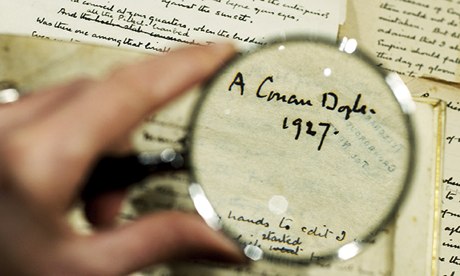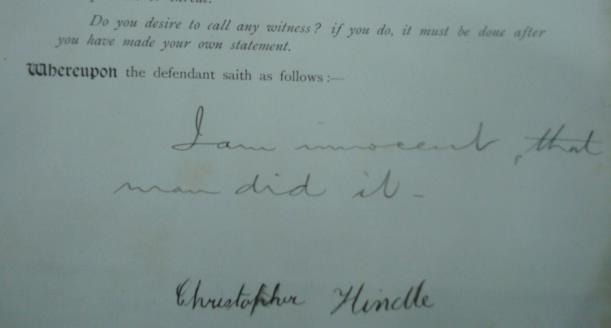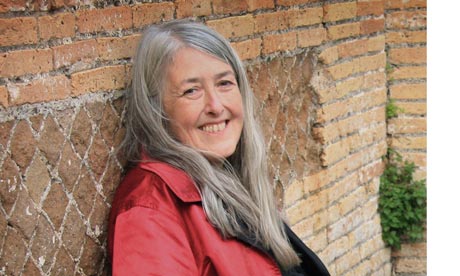
The Friday Digest brings you the best of the week's history news gathered from the experts:

* The contribution of the US airmen imprisoned in Switzerland during the Second World War has finally been recognised. Many people thought that POWs in Switzerland were cowards who were trying to avoid combat, but the grandson of one of the POWs set out to change that misperception.

* A flat in Munich has revealed a surprising discovery, with 1,500 paintings which have been missing since 1939 being found inside. The flat belonged to Cornelius Gurlitt, son of Hildebrand Gurlitt, one of four senior Modern Art dealers in Germany who were appointed in 1938 to sell 'degenerate art' for foreign currency.
* Just why did Hitler hate modernism and so-called 'degenerate art'?

* For the centenary of the Great War, there has been a renewed effort to remember the fallen, but do we consider the enduring agony of the First World War survivors?

* And as the very nature of memorials is changing, argues Dr Sam Edwards, how should we remember a war?

* The Observer has placed Jane Austen's Emma as number 7 of their 100 best novels. Do you agree that it is the best of Austen's work?
* 10 traps to avoid when modernising Jane Austen.

* The 10 crime fiction writers who turned actual detective.
* The CWA names Agatha Christie 'best ever' crime author in a poll conducted to celebrate the Association's 60th birthday.
* Reading over this advert for 'The Hound of the Baskervilles' you can see some very poor predictive skills at work!

* The 7 November marked the centenary of Albert Camus’s birth with reissues of books and many events to celebrate the anniversary, but what is it about Camus’s body of work that provides such endless inspiration?
* Camus's book, The Outsider, is one of a select set of works that generations of disaffected teenagers have turned to as a rite of passage but is there really an 'angst canon' of books that teenagers read?

* Some wonderful pictures of awesome people reading...
* The inaugural Book Cover Design Awards were launched this month by two of the UK's leading book designers, Jon Gray and Jamie Keenan. The awards aim to celebrate book cover design from a wide range of genres - why not nominate your favourite cover from 2013?
* From Rapunzel to The Little Red Riding Hood, Brain Pickings shares beloved children’s classics as minimalist posters.
* 10 things to love about brick-and-mortar bookstores.
* Digital Book World asks are UK publishers innovating in the ebook era?
* What is driving UK publishers out of business?

* Spying, surveillance and snooping have been used by governments since the Romans; the BBC looks at a world history of government spying.
* NSA files decoded: Edward Snowden's surveillance revelations explained.

* Metal detectorist uncovers suspected Roman child coffin which is believed to date from the third century AD.

* Professor Peter Gaunt shares his favourite historical places including Haughmond Abbey and Prague Castle.
* What would Victorian BuzzFeed look like?

* Eleanor Betts shares her excitement at finding original written confessions by children who were charged with murder in nineteenth-century England

* Maps of seventeenth-century London have been brought to life in a new 3D video game designed by a team of students from De Montfort University, Leicester.

* How re-enactments could one day help us understand the final moments of Richard III.

* As men around the world start growing some facial fuzz for 'Movember', History Extra share the top five tashes in history. Don't forget to sponsor The History Press's Movember team HERE.

* Mary Beard asks, why do history?

* It may have been Bonfire Night on 5 November, but where have all the guys gone?


* Hans Rosling asks: do you know more about the world than a chimpanzee?
Which history and publishing stories have you enjoyed reading this week?